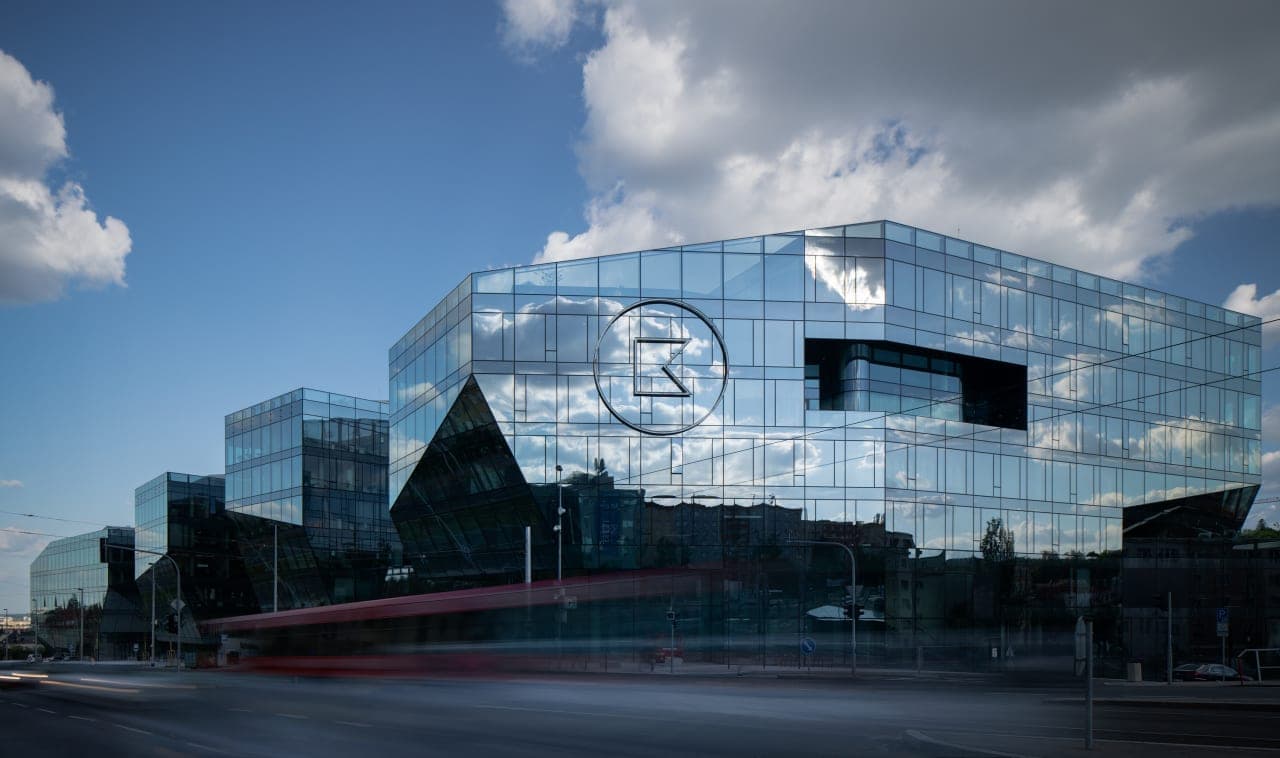A building permit is an official document issued by the local building authority or another relevant state institution that gives permission to carry out certain construction or modification works.
In the context of commercial real estate, a building permit is typically required for new constructions, extensive renovations, change of building use, or other significant construction works.
The process of obtaining a building permit usually includes:
Application submission: The applicant (property owner or their representative) submits an application for a building permit to the relevant building authority. The application usually must include detailed information about the proposed construction activity, including plans and specifications.
Evaluation: The authority conducts an evaluation of the application to ensure that the proposed construction activity is in compliance with all applicable building codes, codes, and regulations. This may include checking structural integrity, fire safety, accessibility, energy efficiency, and other aspects.
Issuance of the permit: If the authority decides that the proposed construction activity meets all requirements, it issues a building permit. The permit may include certain conditions or restrictions that must be adhered to.
Inspections: During and after the completion of the construction works, the authority may conduct inspections to ensure that the work has been carried out in accordance with the permit and applicable regulations.
It is important to note that failure to comply with building permit requirements can lead to a range of sanctions, including fines, stop-work orders, or even demolition of illegally constructed structures. Therefore, it is crucial for owners and operators of commercial properties to carefully comply with all building permit requirements.





